TNPSC Books
-
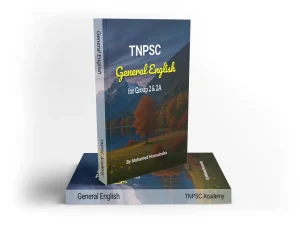 TNPSC General English Book - for Group 2 & 2A
Rated 5.00 out of 5
TNPSC General English Book - for Group 2 & 2A
Rated 5.00 out of 5₹1,000.00Original price was: ₹1,000.00.₹850.00Current price is: ₹850.00. -
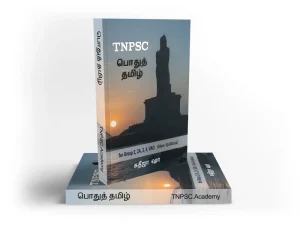 TNPSC பொதுத் தமிழ் Book - for Group 2, 2A, 3, 4 & VAO
TNPSC பொதுத் தமிழ் Book - for Group 2, 2A, 3, 4 & VAO
₹1,000.00Original price was: ₹1,000.00.₹850.00Current price is: ₹850.00.
Group 1 Courses
TNPSC Group 1 - Test Series - 2019
4.7₹3,500.00Original price was: ₹3,500.00.₹2,800.00Current price is: ₹2,800.00. 542Group 1 | Postal and Online Test Series | 2022
₹3,200.00Original price was: ₹3,200.00.₹2,800.00Current price is: ₹2,800.00. 88
Group 2 & 2A Courses
TNPSC Group 2 and 2A - Test Series - 2019
₹2,400.00Original price was: ₹2,400.00.₹1,800.00Current price is: ₹1,800.00. 527TNPSC Group 2 and 2A - Test Series - 2019 - தமிழ்
₹2,400.00Original price was: ₹2,400.00.₹1,800.00Current price is: ₹1,800.00. 175
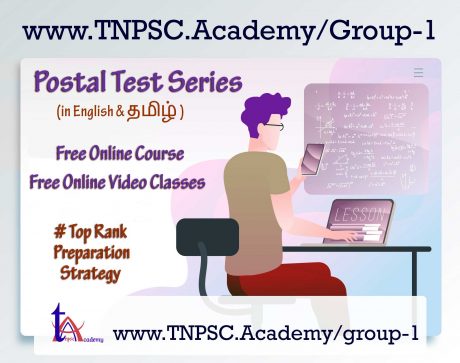
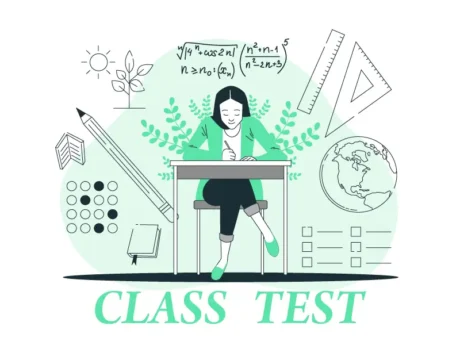
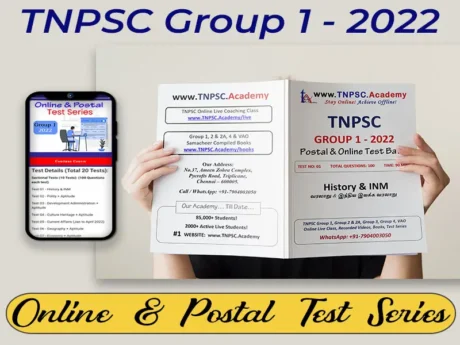
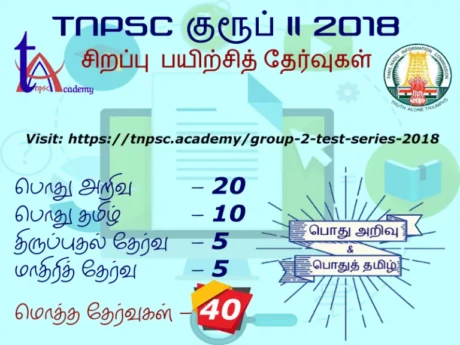
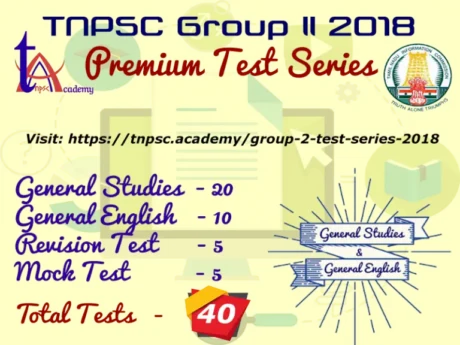
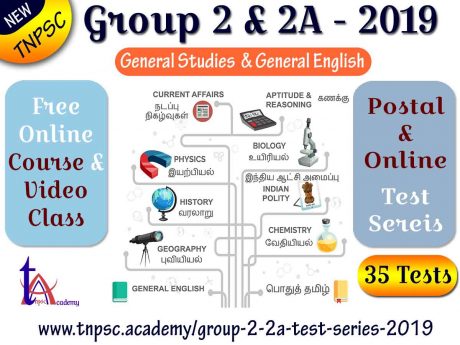
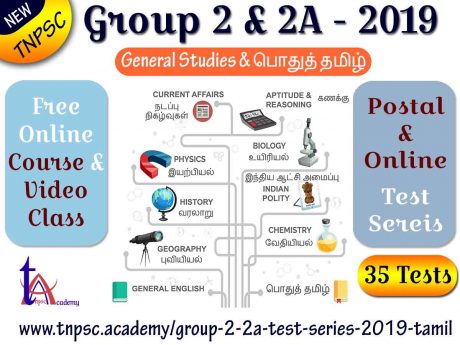
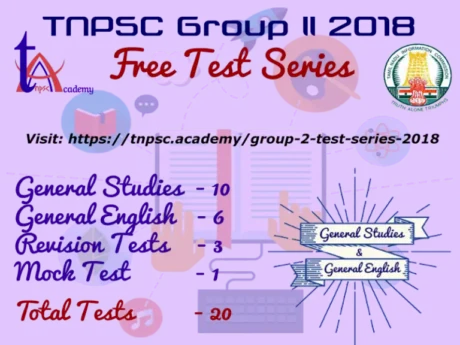
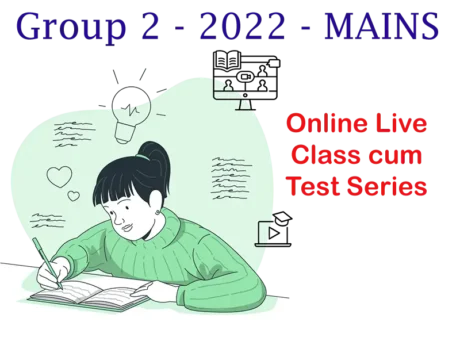
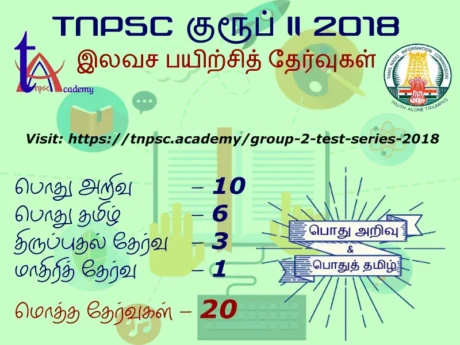
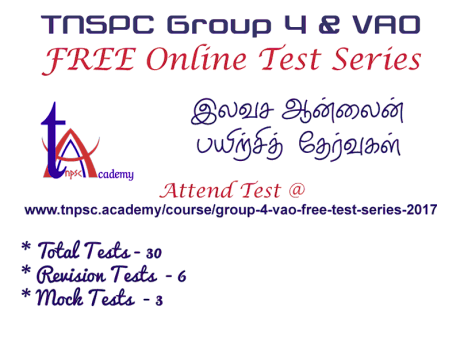
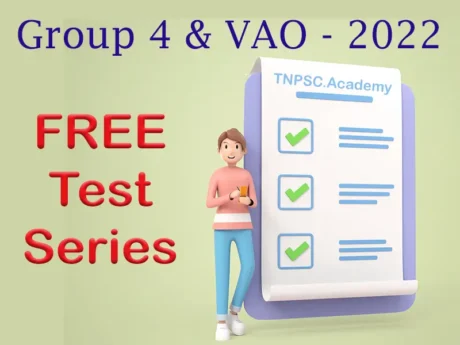
Pronoun is a word used instead of a noun.
Pronoun is a word used instead of a noun.
Example: Shoba always loves dancing. She wants to go to dance school.
In the above example, the word ‘she’ replaces the noun ‘Shoba’. So the word ‘she’ is a pronoun.
Pronouns are listed below:
1. We, Our, Ours, Us
2. They, Their, Theirs, Them
3. You, Your, Yours
4. He, His, Him
5. She, Hers, Her
6. It, Its
7. I, me, mine, my
Subject pronoun
Object pronoun
Possessive adjective
Possessive pronoun
I
We
You
They
He
She
It
me
us
you
them
him
her
it
my
our
your
their
his
her
its
mine
ours
yours
theirs
his
hers
its
Subject Pronoun
Object Pronoun
A subject pronoun is a personal pronoun that is used as the subject of a verb.
I, We, You, He, She, It, They
Examples:
She is my friend.
It is my dog.
They are reading.
An object pronoun is a type of personal pronoun that replaces a noun with an object.
Me, Us, You, Him, Her, It, Them
Examples: The painting is done by me.
He called them.
I will give you a book.
Possessive Adjective
Possessive Pronoun
To show something belongs to somebody
Example:
My shirt is green.
Your book is new.
Her dog is small.
Our bird is noisy.
To replace the possessive adjective
Example:
Green shirt is mine.
New book is yours.
Small dog is hers.
Noisy bird is ours.
Exercise With Answers:
1. Change the underlined words with correct pronoun.
( they, he, her, him, it, she )
1. I saw Mr. Balu this morning and gave Mr. Balu my homework.
2. Muthu likes computer games, but he doesn’t play computer games very often.
3. My aunt lives in Trichy but, my aunt often comes to visit my family.
4. Neil Armstrong was born in 1930. Neil Armstrong landed on the moon in 1969.
5. He helped the old lady. He gave the old lady food.
Answers:
1. I saw Mr. Balu this morning and gave him my homework.
2. Muthu likes computer games, but he doesn’t play it very often.
3. My aunt lives in Trichy but, she often comes to visit my family.
4. Neil Armstrong was born in 1930. He landed on the moon in 1969
5. He helped the old lady. He gave her food.
2. Change the possessive adjective into possessive pronoun.
1. This is my pen. ___________________________________
2. Shenbah missed her purse. ___________________________________
3. Her speech is nice. ___________________________________
4. My book is new. ___________________________________
5. My bike is costly. ___________________________________
Answer:
1. This pen is mine.
2. The missed purse is hers.
3. The nice speech is hers.
4. The new book is mine.
5. The costly bike is mine.
3. Fill in the gaps with personal pronouns.
Kumaravel lives in Thiruvannamalai. __1__ is a doctor. All the people like _2____ because of __3___ helping nature. ___4__ hospital is located at Car street and most of ___5__ patients are poor so __6___ does not charge much money. ___7__ daughter goes to school. __8___ studies in 5th Standard. ___9__ teachers love __10___ very much. ____11_ friends are also very good. __12___ always encourage _13____. ____14_ have given ___15__ good advice. __16___ mother is also a teacher. ___17__ always encourages ___18__ to keep studying. I also like her as __19___ often comes to __20___ house. One day ___21__ told my mother that __22___ wants to learn cooking. ___23__ mother taught ___24__ cooking. Now, ___25__ cooks well.
Answers:
1. He 2. him 3. his 4. his 5. his 6. he
7.His 8. She 9. Her 10. her 11. Her 12. They
13. her 14. They 15. her 16. Her 17. She 18. her
19. she 20. my 21.she 22.she 23.My 24.her
25.she
4. Fill in the blanks with the appropriate pronouns.
Rita and ___1___ (me, I) are arranging a party. __2___ (He, It) will be a simple party with a few friends, but with lots of food and fun. __3____ (We, Us) will invite Asif, Priyanka and Nisha. ____4___ (Them, They) are __5____ (our, us) classmates. So, __6____ (us, we) don’t have to give ___7_____ (them, their) invitation cards. _8__ (We, Our) can just ask ____9___ (their, them) to come. Friends don’t need formal invitations, do ____10___ (them, they)?
Answers:
1. I 2. It 3. We 4. They 5. Our 6. We
7. Them 8. we 9. them 10. they
5. Fill in the gaps with appropriate Pronouns.
1. ____ is an excellent opportunity.
2. ____ of these two students can solve this question.
3. ____ books have been written by a great Indian writer.
4. ____ have come to know the truth.
5. ____ of the students have passed the exam.
6. ____ of your friends can guide you.
7. ____ is your story based on your real life.
8. All your friends will guide ____.
9. ____ of his family members would come to visit you.
10. ____ of those books will be helpful to you.
11. ____ is your bag, you can take it anytime.
12. He ____ is responsible for the downfall of his life.
Answers:
1. It 2. One 3. These 4. They 5. Some 6. Few
7. This 8. you 9. Many 10. Some 11. It 12. himself
6. Join the sentences using ‘Relative Pronouns’.
1. I have book. It is written by Rabindranath Tagore.
2. Kavita is my teacher. She teaches us English.
3. This is Varun. His father is an architect.
4. She invited most of her friends. They attended the party.
5. Give me a pen to write a letter. It was gifted to you on your birthday.
6. I have sold the house. It was located at the bank of a river.
7. Here is your watch. It has been found in the garden.
Answers:
1. I have a book which is written by Rabindranath Tagore.
2. Kavita is my teacher who teaches us English.
3. This is Varun whose father is an architect.
4. Most of her friends whom she invited attended the party.
5. Give me a pen which was gifted to you on your birthday to write a letter.
6. I have sold the house which was located at the bank of a river.
7. Here is your watch which has been found in the garden.
General English Book
TNPSC Group 2 & 2A - Buy Now!
Online Class + Books + Tests
More Details